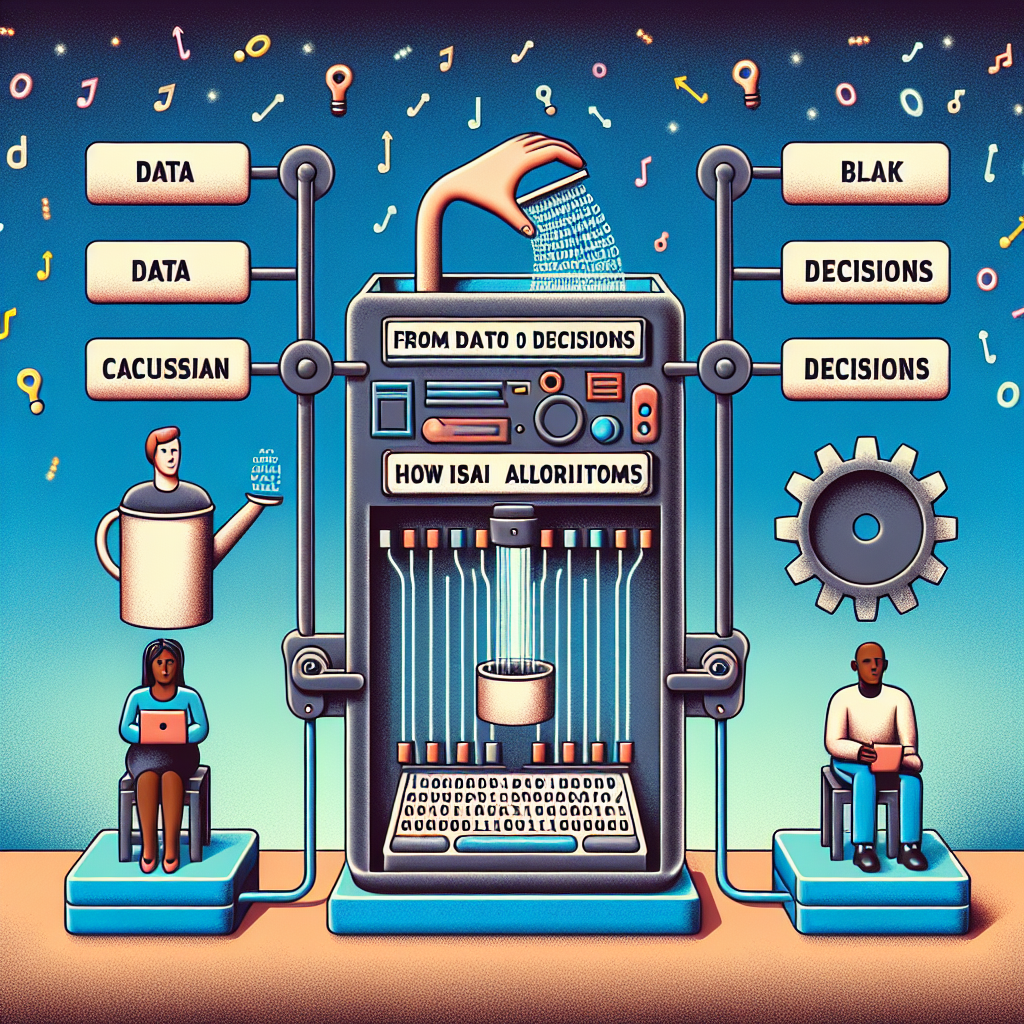Artificial Intelligence (AI) algorithms have become increasingly prevalent in modern society, impacting everything from online shopping recommendations to hiring decisions. However, as AI algorithms become more sophisticated, researchers have started to uncover the ways in which bias can influence these algorithms, ultimately leading to potentially harmful outcomes. In this article, we will explore how bias manifests in AI algorithms, the implications of biased algorithms, and strategies to mitigate bias in AI technology.
Understanding Bias in AI Algorithms
Bias in AI algorithms can stem from a variety of sources, including the data used to train the algorithms, the way in which the algorithms are designed, and the social context in which the algorithms operate. For example, if an AI algorithm is trained on a dataset that is not representative of the population it is meant to serve, the algorithm may produce biased results. Additionally, algorithms may inadvertently encode biased assumptions based on the training data, leading to unanticipated outcomes.
Data Bias
Data bias occurs when the training data used to develop an AI algorithm is not representative of the population it is meant to serve. This can result in biased algorithms that perpetuate existing inequalities or stereotypes. For example, if an AI algorithm used to predict loan approvals is trained on historical data that favors certain demographic groups over others, the algorithm may unfairly discriminate against marginalized populations.
Algorithmic Bias
Algorithmic bias refers to biases that are encoded into the design of an algorithm itself. For example, an algorithm may be programmed to prioritize certain factors over others, leading to biased outcomes. Additionally, algorithms may inadvertently learn biased patterns from the data on which they are trained, further exacerbating bias in the resulting predictions or recommendations.
Contextual Bias
Contextual bias occurs when the social context in which an AI algorithm operates introduces biases into the decision-making process. For example, if an AI algorithm used in the criminal justice system is deployed in a racially biased environment, the algorithm may reflect and perpetuate these biases, leading to unfair outcomes for certain groups.
Implications of Bias in AI Algorithms
The implications of bias in AI algorithms are far-reaching and can have serious consequences for individuals and society as a whole. Biased algorithms can perpetuate existing inequalities, reinforce stereotypes, and lead to discriminatory outcomes. For example, biased algorithms used in hiring processes may unfairly disadvantage certain candidates, while biased algorithms used in predictive policing may disproportionately target marginalized communities.
Mitigating Bias in AI Algorithms
While bias in AI algorithms is a complex and pervasive issue, there are strategies that can be employed to mitigate bias and promote fairness in AI technology. Some approaches to address bias in AI algorithms include:
- Ensuring diverse representation in dataset collection and curation
- Auditing algorithms for bias and discrimination
- Implementing fairness constraints in algorithm design
- Training algorithms on more diverse and representative datasets
By implementing these strategies, developers and researchers can work towards creating more equitable and unbiased AI technologies that benefit all members of society.
Conclusion
Bias in AI algorithms is a critical issue that must be addressed to ensure the fair and ethical deployment of AI technologies. By understanding the various sources of bias in AI algorithms, recognizing the implications of biased algorithms, and implementing strategies to mitigate bias, we can work towards creating more equitable and inclusive AI technologies that benefit everyone.
FAQs
What is bias in AI algorithms?
Bias in AI algorithms refers to the ways in which preconceptions, stereotypes, or inequalities can influence the decisions and outcomes produced by AI technologies.
How does bias manifest in AI algorithms?
Bias can manifest in AI algorithms through data bias, algorithmic bias, and contextual bias, which can lead to discriminatory or unfair outcomes.
What are some strategies to mitigate bias in AI algorithms?
Some strategies to mitigate bias in AI algorithms include ensuring diverse representation in dataset collection, auditing algorithms for bias, implementing fairness constraints, and training algorithms on diverse datasets.
Quotes
“Bias in AI algorithms is a serious issue that requires careful consideration and proactive measures to address. By acknowledging and tackling bias in AI technologies, we can create a more just and equitable society for all.” – AI Ethics Researcher


